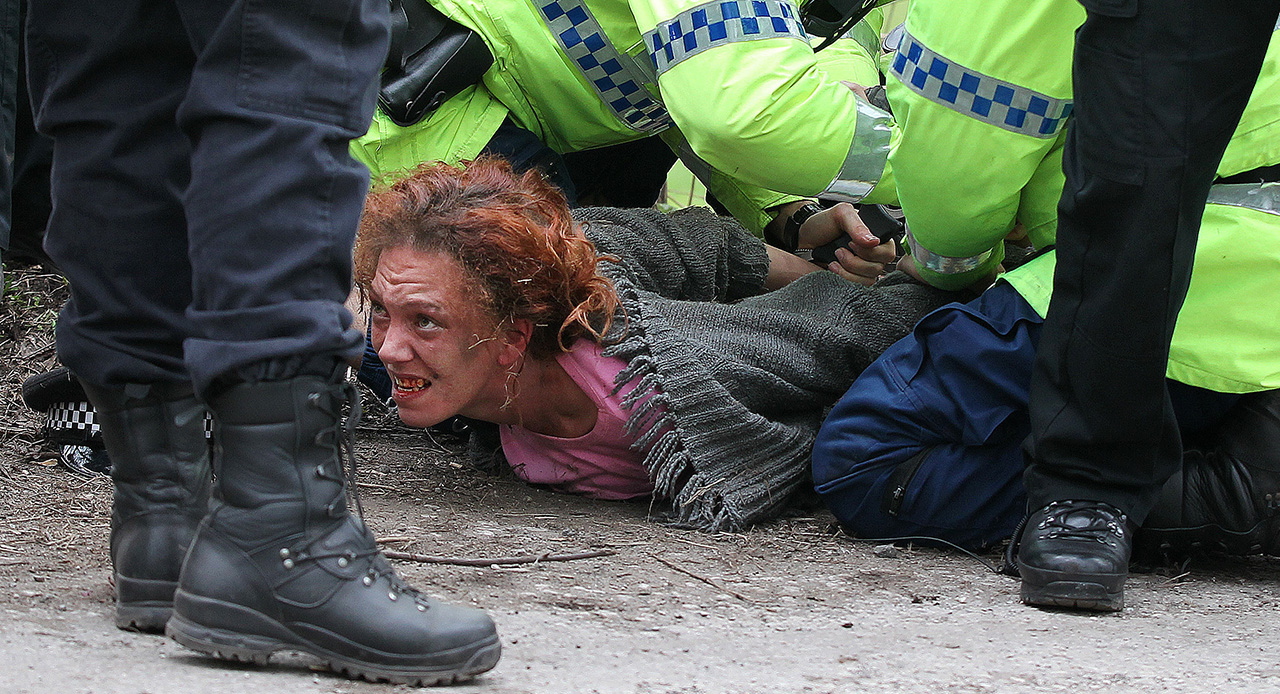This year, Press Photographers that applied for accreditation to photograph the Pride In London parade and celebrations received the following email:
Changes to accreditation in 2019:
Pride in London have been working with our agency partners to review the security arrangements for Pride in London 2019. We’ve made a number of changes to the parade route which will enable us to make the parade more secure. This includes significantly reducing the numbers of people with access to the route itself.
Your media wristband gives you priority fast track access to the public areas at the stages. It does not give backstage access
There is no access inside the parade barriers along the parade route or to the form up area.”
This is a change over previous years. We have sent the following letter in response:
‘Dear Pride London,
The BPPA would like to raise our grave concerns regarding Pride London’s proposed plans to severely impede media access to this year’s parade.
Photographers are accredited to the parade but not allowed to photograph the parade itself from start to finish.
We cannot see the sense in this. With an estimated one million attendees, this would be considered a major news event and very worthy of extensive coverage by all national and international media organisations and barring access will inhibit global coverage and ultimately, interest in the annual Pride event.
Moreover a parade which promotes freedom of the individual and freedom of expression should not be restricting the freedom of the press.
Finally we cannot see there is any necessity to alter previous year’s arrangements in this way.
We, The BPPA therefore urge you to reconsider before the event and look forward to hearing from you as soon as possible. Thank you.’
UPDATE FROM PRIDE LONDON
Press that have requested accreditation should have recived an updated email that includes the following information:
Following a letter from the BPPA and listening to the concerns we have reviewed our decisions and have confirmed an approach that ensures Pride is open for all, while ensuring the event stays safe and secure.
As such, we are pleased to confirm that you have been approved for:
1 pass(es)
This wristband gives you access to parade form up and along the parade route if you are carrying a professional camera.
As you may have noted in the media pack, there is no front of parade photocall this year. We will also have an area for photos near Piccadilly Circus and our team can advise on its location tomorrow should you want a fixed spot to photograph from.
We followed this up, writing to Pride London to confirm the position and received the following:
“Dear BPPA,
Thank you for your e-mail. I can confirm this is correct.
This year we revised our media accreditation process because of its impact on the speed and security of the parade. Not an easy decision but it is an operational choice based on ensuring 30,000 people can pass through London safely and securely.
Following your letter we urgently reviewed our decision with our production partner to see what possibilities there are. We have been contacting people directly who are impacted.
As the third largest event in London we try our best to accommodate the complexities of organising 30,000 people through the streets and it was never our intention to inhibit coverage and deny freedom of expression. I wanted to thank you and the BPPA for bringing this to our attention, and I hope this resolves the matter.
Pride in London
We would like to thank Pride in London for listening to all the organisations that voiced concerns and for changing your policy.
We wish everyone a Happy Pride 🌈




